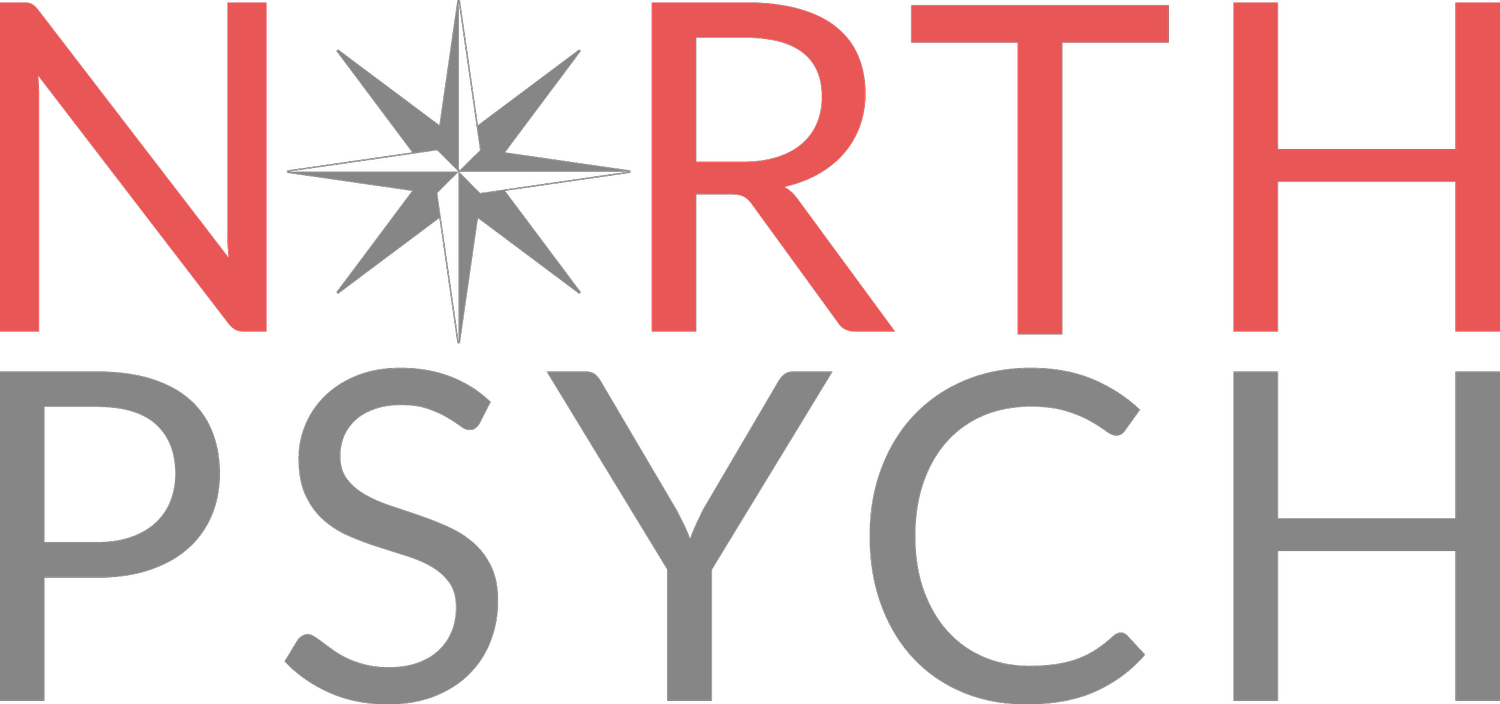
ADHD Assessment
How do we test for ADHD?
There is no standard approach to ADHD diagnosis in Australia, and people are often unsure of where to start.
NorthPsych ADHD Clinic offers a streamlined and collaborative service, which spans assessment through to treatment. Our assessments are comprehensive and give you deep insight into the way your brain works and what types of therapy are right for you.
Assessment can involve cognitive and academic testing, self-reporting, and questionnaires for family and friends. The process usually involves both a psychologist and a paediatrician/psychiatrist (depending on the client’s age).
We offering ongoing therapy, coaching and family support to significantly improve daily functioning and assist you in achieving your potential.
Why get tested for ADHD?
The goal of diagnosis and treatment is to help you be more effective in your day-to-day life and reduce the extent to which your untreated ADHD interferes with learning, work, and relationships.
For school-aged children, an ADHD diagnosis is often necessary to access school supports that will help your child thrive academically. University students are also able to access academic supports with an ADHD diagnosis.
Paediatricians are increasingly requiring a thorough ADHD assessment with a psychologist before treating children with ADHD. These assessments include cognitive and academic achievement tests to rule out any other issues that may explain your child’s difficulties.
Without a deep understanding that comes from a comprehensive assessment and accurate diagnosis, you are likely to keep trying the same old strategies that probably aren’t working.
We can help you understand how your brain works, develop more effective strategies, and explore other treatment paths.
What is the Assessment process?
-
The first appointment is a clinical interview between yourself and your psychologist. During the appointment, your psychologist will get a thorough background and discuss the reasons for referral. You may also complete a computerised attention task.
During this interview, the psychologist will determine whether a full ADHD assessment is warranted and/or if other assessments may be more appropriate.
-
After your appointment, you will be sent a series of questionnaires assessing ADHD symptoms and ADHD related difficulties. These standardised questionnaires compare your behaviours to people of your same age and gender and give a detailed profile of your cognitive strengths and weaknesses.
You will also be given questionnaires to be completed by someone who know you well as an adult and someone who can comment on your childhood behaviours. These people can include parents, siblings, partners, friends or roommates.
-
After reviewing your questionnaires and the information gathered at your initial appointment, your psychologist will determine whether a diagnosis is likely. If so, they will prepare a comprehensive written report, including an analysis of your questionnaires, diagnostic impression and recommendations. Allow 2-3 weeks for the report to be finalised and sent to you.
If your psychologist determines that there is not enough evidence to support an ADHD diagnosis, they will discuss with you whether you would like to continue with the report. Your psychologist may provide you the results of your questionnaires so that you have a better understanding of your strengths and weaknesses.
-
You will attend a follow-up feedback appointment after receiving your report. Your psychologist will discuss the results, answer any questions and help plan future interventions.
Adults
-
Upon booking an assessment, intake appointment questionnaires may be sent for parent, teacher and/or self-ratings, to get a better understanding of current symptoms and functioning. Please fill these out and get them back to us before your appointment.
-
The first appointment is clinical interview with your psychologist, who will gather background information, review relevant documentation and discuss the reason for referral.
During this interview, the psychologist will determine whether your child’s difficulties warrant further investigation and/or if other types of assessments are appropriate.
In the case of school-aged children, this interview is with parents or guardians only. Parents can opt for older adolescents to attend this appointment.
-
Your child will then attend an appointment in which cognitive and academic psychometric assessments will be administered. These tests are conducted in order to rule out or identify any other issue (such as dyslexia) that may be contributing to your child’s difficulties. These tests also identify your child’s personal strengths and weaknesses, which informs what types of interventions are needed.
For optimal results, tests are administered in the morning to reduce mental fatigue and optimise concentration. A four-hour time slot will be booked for the assessment.
The actual duration of the assessment will depend on which tests are being administered, the individual working speed, age, and attention span. The assessments may be conducted across two days if necessary.
-
Your psychologist will prepare a comprehensive written report summarising the assessment interview, school reports, observations and the results of the questionnaires and psychometric tests. The report will also include their diagnostic impression and recommendations for future steps.
Allow 3-4 weeks for the preparation of the report.
-
After the report is prepared, you will receive the report and attend a parents-only feedback session. You will discuss with your psychologist the results of the assessment, their recommendations and plan interventions. You psychologist will also answer any questions you have.
Children and Adolescents
Testing practitioners
-

Dr. Julia Garami
Clinical Psychologist
-

Zac Chadwick
Registered Psychologist
How common is ADHD?
ADHD is one of the most common mental disorders in children and adolescents. It is estimated that 1 in 20 Australians have ADHD (which is about 5% of the population).
ADHD in kids + teens
It's normal for little kids to be distracted, restless, impatient or impulsive but for some kids these things continue and begin to cause problems at school and at home.
What causes ADHD?
It's not clear what causes the brain differences of ADHD, but there is strong evidence that ADHD is genetically linked.
If your child or teen is diagnosed with ADHD
There are many ways you can support your young person in managing an ADHD diagnosis.
How is ADHD treated?
Treatment for ADHD usually includes medication, behaviour therapy, practical skills training, parent education and school support.
ADHD in adults
For many years we thought that children grew out of ADHD. We now know that it is not that the ADHD goes away but that symptoms change.
What is ADHD?
Attention deficit hyperactivity disorder (ADHD) is a psychiatric condition that causes differences in brain development and activity that affect many areas of daily function.
ADHD myths
Because ADHD isn’t fully understood, there are many myths around its causes, possible treatments, how it presents and the people who have it.
